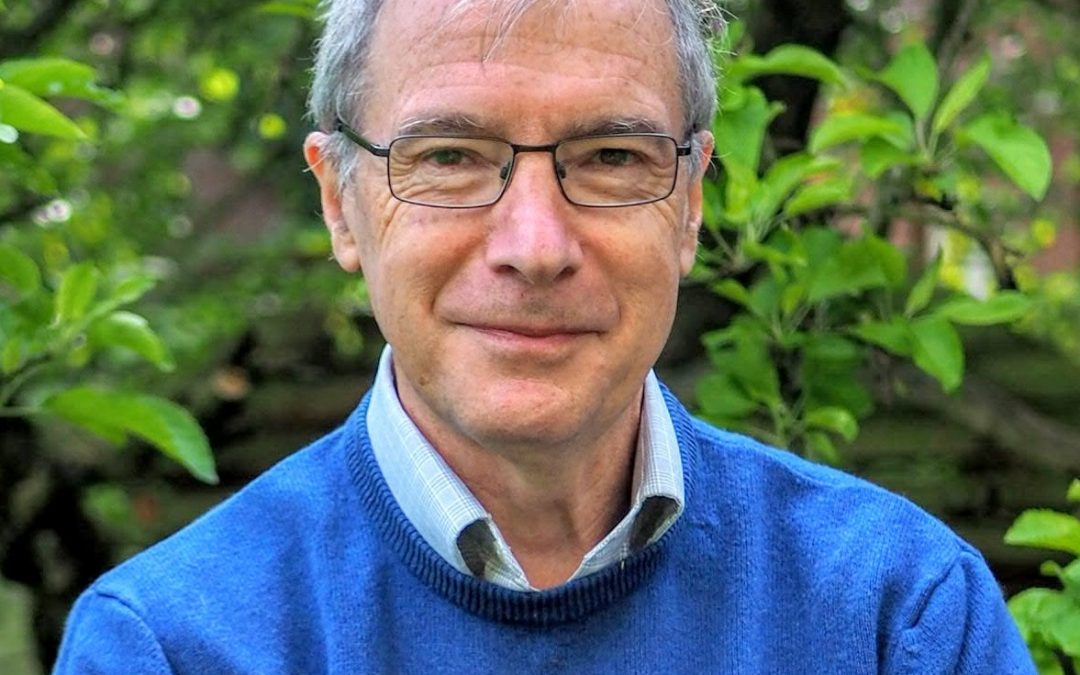IPWSO President, Tony Holland, writes about getting involved in the international rare diseases world.
There has been considerable international activity about rare diseases in the last two weeks. I attended the 10th European Conference on Rare Diseases & Orphan Products 2020. This was due to be held in Stockholm but was held virtually instead. This was organised by Eurordis: Rare Diseases Europe. The following week there was the Annual General Meeting and a members meeting of Rare Diseases International (RDI). IPWSO is now a full member of RDI.
So what were some of the main lessons from these meetings and how should IPWSO respond?
First, there are many 1000’s of rare disorders and diseases each of which is very different from the other, and whilst every person with a rare disease is a unique person, there are things that people with rare diseases may share in common, as may their families, due to the rareness of the syndrome. These include delays in diagnosis, the absence of treatments, and a lack of knowledge among health and other professionals. These problems associated with being ‘a rare disorder’ were universal across all the rare diseases and disorders represented. This is why being part of RDI is so important: PWS may be rare, but rare diseases altogether are common!
Secondly, there is very extensive national, regional and international activity going on to raise the profile of rare diseases led by the various national, regional, and international organisations. Every country should have a rare diseases strategy – does the country where you live have one? Importantly, at an international level, RDI is working with the World Health Organisation (WHO) on a rare diseases initiative. Part of this initiative is to establish expert centres for rare diseases across the world.
Thirdly, the perspective of human rights is important. This goes beyond the rights of access to health care and to treatments that are approved and available to include the rights to family life, to opportunities, to respect – to a quality of life. The United Nations Convention on the Rights of Persons with Disabilities (UN CRPD) is seen as key to this. A member of the European Parliament from Sweden (himself with a rare disorder) talked about the places he has visited where this is not the case. There is still much to do to ensure that not only are health needs met, but that educational, emotional, and social needs are also met for all people with a rare disorder.
There are of course unique challenges for people with PWS and their families. To try and address these IPWSO has established a project committee, chaired by Maria Libura, to focus specifically on policy issues and to have an international perspective. Along with the National Associations we want to ensure that the ‘voice of PWS’ is represented at an international level and we want to better understand what the challenges are for you, wherever you live in the world. Working as part of a global ‘rare diseases’ community is important and working together as a global ‘PWS community’ is important. Together we can improve life’s journey for people with PWS. For me that was a key message from these meetings.
Professor Tony Holland President of the International Prader-Willi Syndrome Organisation

